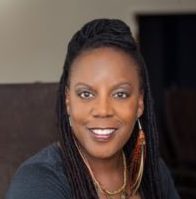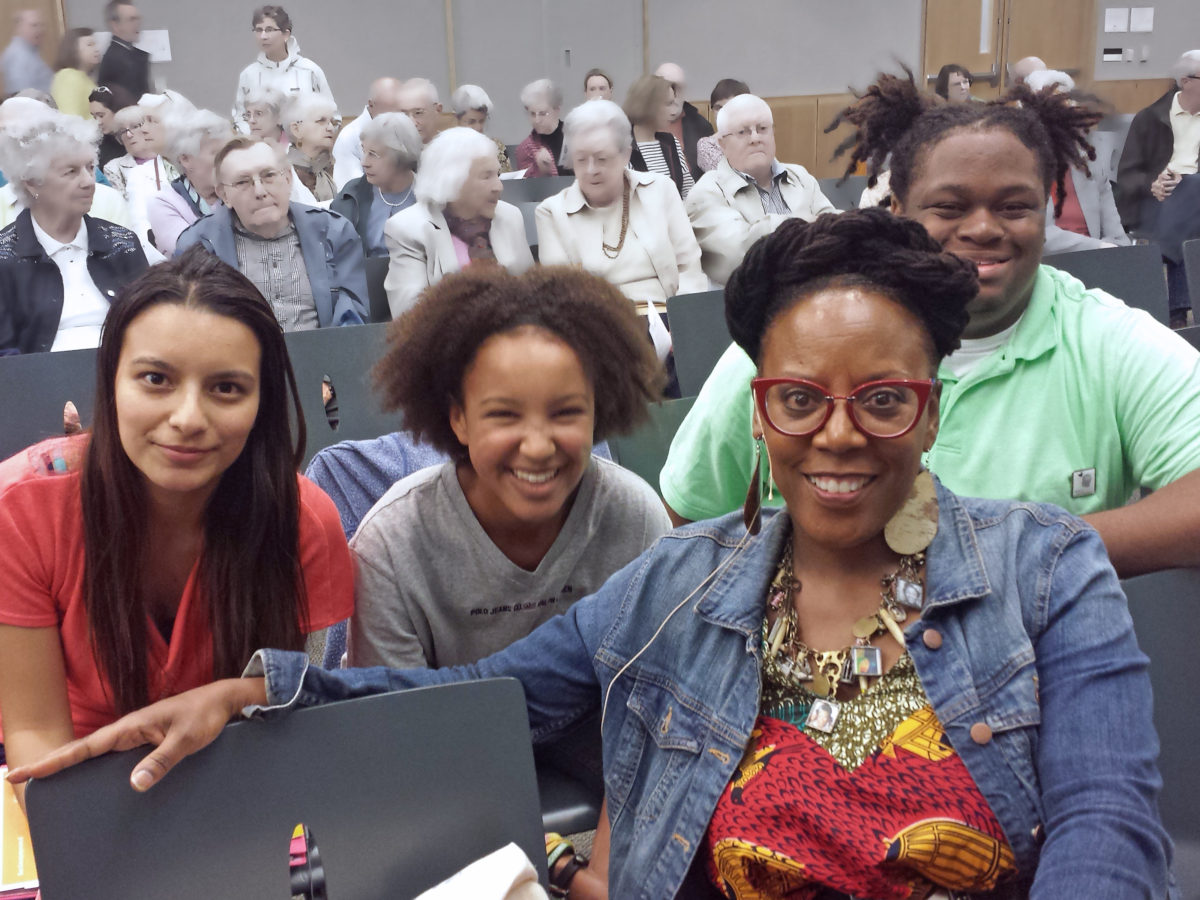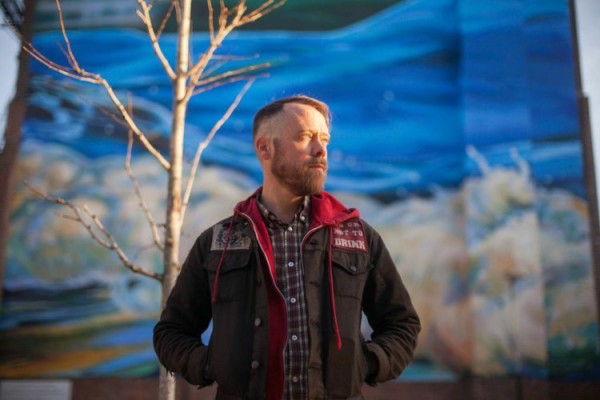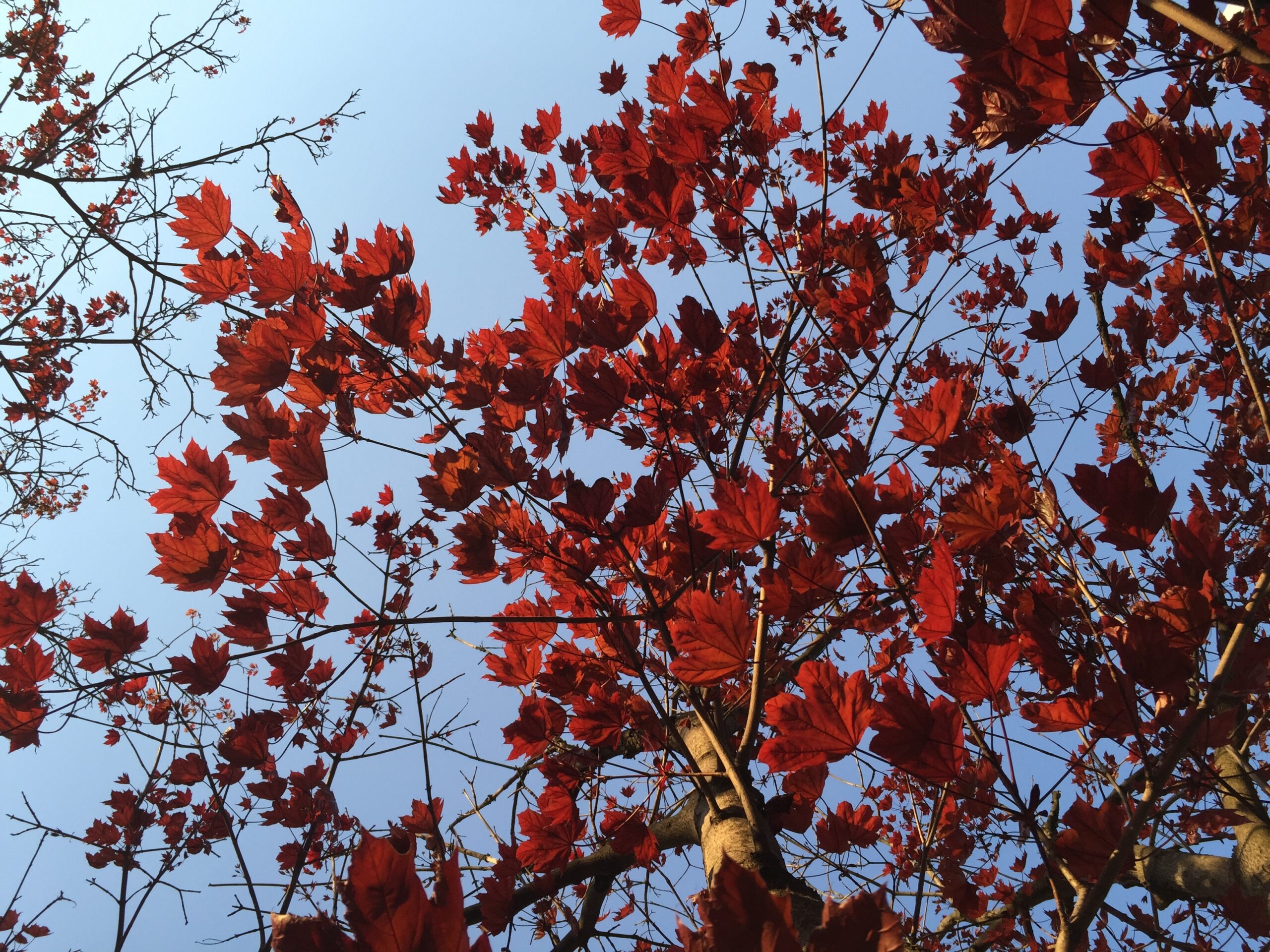For some of us, the moment we saw ourselves in an empowering way was a Disney character, or maybe some fleeting instance we never engaged again. For Glenis Redmond, the moment was Yolanda Walker performing “1,968 Winters” at a school assembly. Redmond meditates and explores this performance in her essay, “Poetry As A Mirror,” runner-up for the 2018 Bechtel Prize, which was judged by novelist and T&W Board member Tayari Jones. Redmond delves into histories and layering realities to draw for us how she came to realize she is a poet. Further, her essay writes into an urgency she felt, as a young Black student, to find connections. Connections to other students, to literature, to class material, and to the whirlwind of world around her.
When talking with Redmond there’s a familiarity. Something I know or knew rests beneath our conversation. She is a poet currently living in Greenville, South Carolina, performing, touring, writing, and teaching full-time. She is reading multiple books and thinking of ways to work Prison Ball, a beloved childhood game, back into her life. Redmond is looking for the universal moments that cross race, class, gender, and other differences. She is with us in the now; however, she is also thinking about worlds her writing will invite us into when the spirit moves.
Congratulations to Glenis Redmond on her wonderful essay, and thank you to her for the conversation which is still working itself out on me.
M.L. Thompson: Your piece centers poetry and finding a particular poem [“1,968 Winters” by Jackie Early] which encouraged you to step into being a poet. So I’m wondering what, in general, makes you a poet?

Glenis Redmond: I don’t know what makes me a poet. I feel it is an ability to have an inward and outward gaze simultaneously. In certain aspects I always feel like an outsider, because in the moment I am present, but I am always having these simultaneous experiences. I think I have always had that capability. It made me a little odd and weird in my family. Even as a child my mom would just look at me and say, “You’re strange.” [laughs]
MT: In the essay you mention your Black girl psyche. Can you talk more about that and its relationship to how you’re thinking as a poet?
GR: When I was younger I didn’t have words for what I internalized as a Black girl living in a White world. There was shame and hate that did not belong to me, but I took it on because of White standards and other cultural standards. Then poetry made me realize that there are other ways to gauge who I am. I obviously had people in my family who allowed me to do that as well: a strong mother-figure, strong father-figure, strong grandmother. So I already had that sense, but this poem became a vehicle for me that I could own personally. Words became something I could wield, and when I heard that poem I knew that my life had been altered. I didn’t have the words, but my Black girl psyche, my radar went off saying that this is going to be important to me.
MT: Your essay is talking through mirrors, and locates moments of mirroring that became really important moments. Who are other mirrors for you?
GR: I have had so many mirrors! Alex Haley. I remember in the 70s in high school when Roots came on, that moment was just phenomenal. We almost had a riot in our school because it was the first time we saw our story on the screen. Alice Walker’s The Color Purple in a womanist way. Seeing Celie’s story was really powerful to me. Nikki Giovanni and her poem “Ego Trip.” There are just so many—Lucille Clifton’s “won’t you celebrate with me.” When I heard that it changed my life! It just got me up off my couch and said, “You’re not only gunna live, but you’re gunna write and live.” James Baldwin spoke to me and his fire. Also Baldwin was just unapologetically Black in a way that was really important to me. To flip back to Alice Walker who [In Search of Our Mothers’ Gardens: Womanist Prose] unveiled Zora Neale Hurston for me. That was really important because I didn’t know who she was in the 80s. So I went and found her work, and Their Eyes Are Watching God is a masterpiece and something I go back to time and time again.
MT: Outside of poetry and literature, what have been other mirrors for you?
GR: Visual arts have been a huge mirror for me. Jonathan Green. When I saw his images, that did something to me. The things happening with me and books were also happening with images. When I looked at [Black people] the images were always negative, and Jonathan Green’s work was the first time I saw beauty. He uses all these bold colors and he brings up these rituals that I knew but didn’t know. So he was the first visual artist I started celebrating. Also dance. Alvin Ailey and many dancers. Debbie Allen in her role in Fame made me want to be a dancer. Dance and visual arts have helped make me who I am.
MT: How in your work are you attempting to be a mirror for young Black girls, or are you attempting to be a mirror in work?
GR: I think I am. But I am not thinking, “Let me be this mirror for young Black girls.” I am thinking, “What was it that I needed when I was young?” And it never comes up as linear, it’s usually a prompt or something. For example, I received a prompt to write to a school photo. And I knew which school photo I was going to write to. I was 5 years old and I lost my mind because when your mother does your hair, she needs it to stay done. But at the photo booth they had these black plastic combs and this little white girl says, ”I can fix your hair; I can make it pretty.” I let that girl mess up my hair! [laughs] The poem is called “The Tao of the Black Plastic Comb,” and it is a whole see what had happened was moment. I could never look at that photo. I had so much shame around it. Writing is how I work back into nice-hope, because when it fans out it is not just a personal moment but a universal moment. When I read that poem, there’s a line when I say, “and don’t let nobody touch your,” and Black women and girls will finish it at the same time. “Hair!” The poem talks to self-love and that’s universal, so hopefully that relates too.
MT: So when I was growing up we had Four Square, Cops n’ Robbers, Can Ball! [laughs] But what is Prison Ball and how do you play this game?
GR: I know! I always explain it to students and they think it’s Dodge Ball [laughs] and it’s not. Prison Ball was my favorite game! There are two teams, a line down the middle, and that glorious red rubber ball. You throw the ball at your opponent on the other team, but if you throw it and they don’t catch it, they have to go to prison. So prison is behind your team and the only way your opponent can get out of prison is if their team members lob a ball over the other team and the prisoner catches the ball. That’s how you get a team member out.
MT: Oh, okay! I remember this game. We had another name for it but yeah, yeah. I know this one!
GR: I loved that game. I felt very free there. I don’t know what it was, but in that poem [“1,968 Winters”] when Yolanda Walker read it that day, it is as if that poem became a red rubber ball and she lobbed it over the heads of other students and it landed in my chest. I was passionate about that game and the ball turned into poetry. I’m still carrying that ball.
M.L. Thompson is a second-year MFA creative writing student at The New School and a Teachers & Writers Magazine editorial associate. He attended undergraduate school at Kent State University and has been heavily involved in student engagement and community development work since those days. Matthew is a poet and a burgeoning tea connoisseur.
M.L. Thompson is a second-year MFA student at The New School and a Teachers & Writers Magazine editorial associate.



